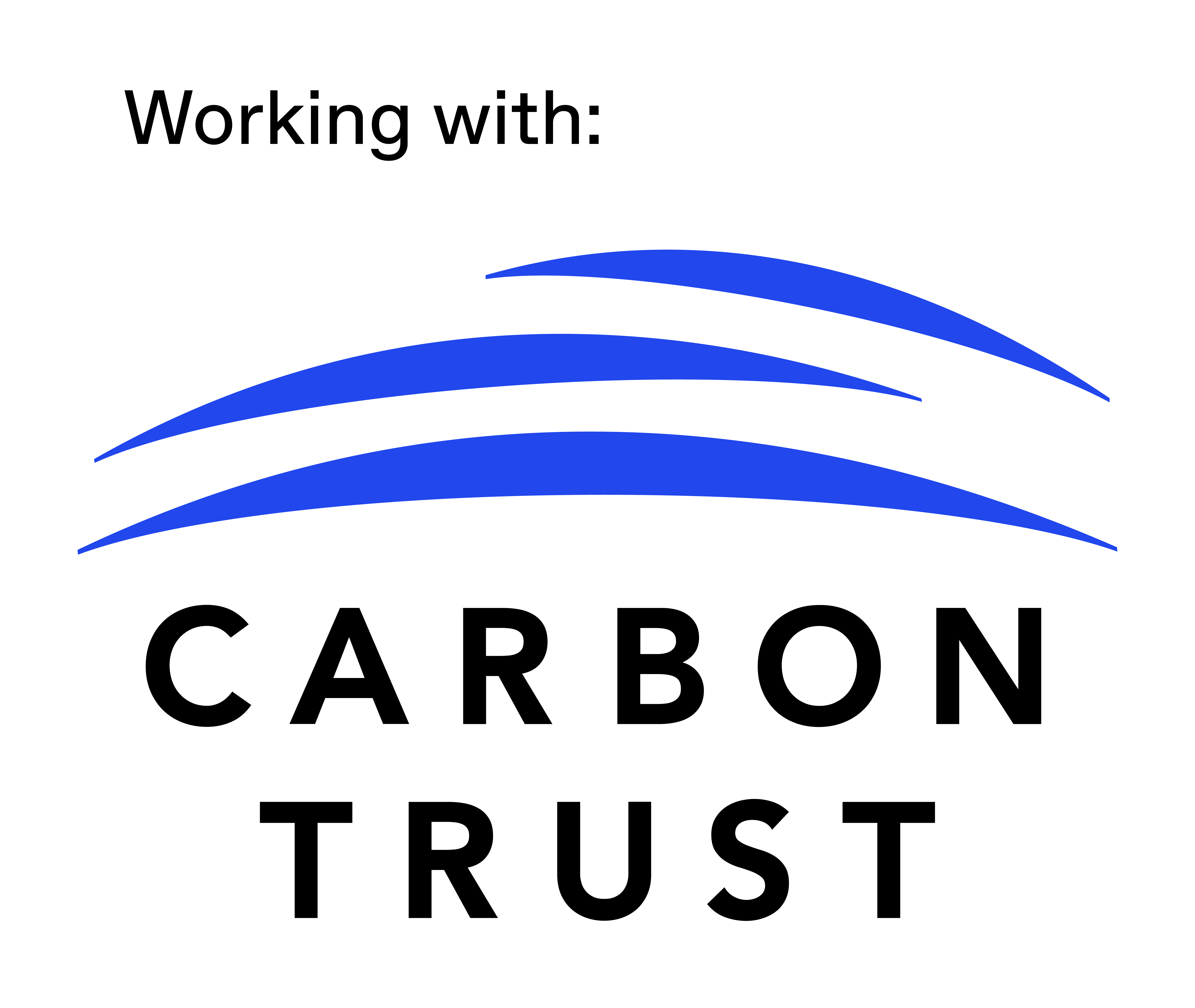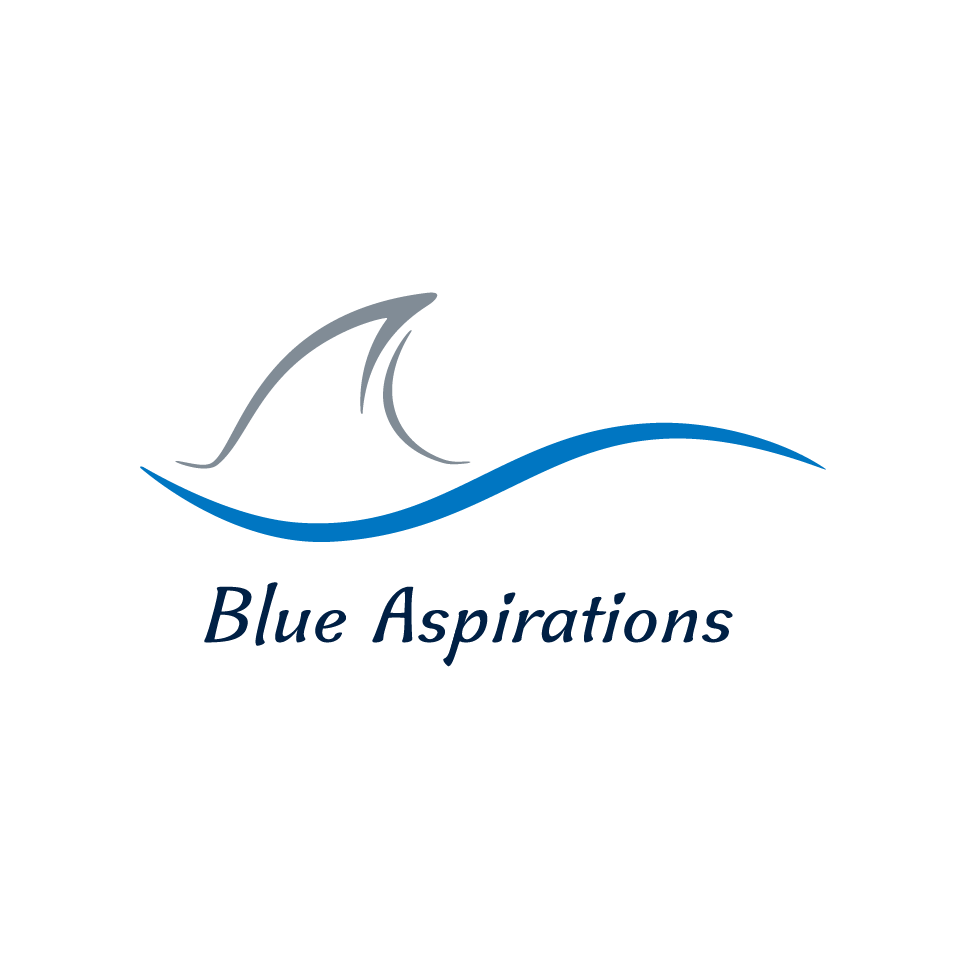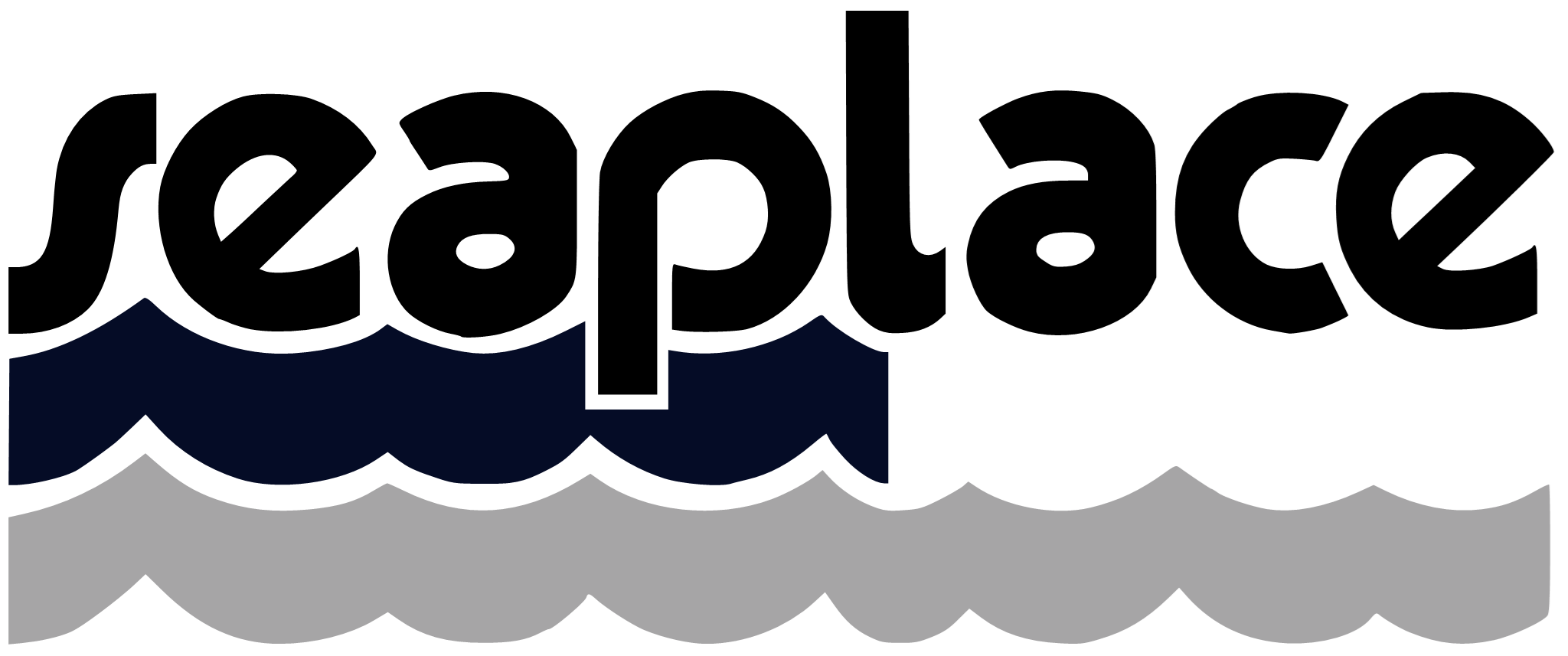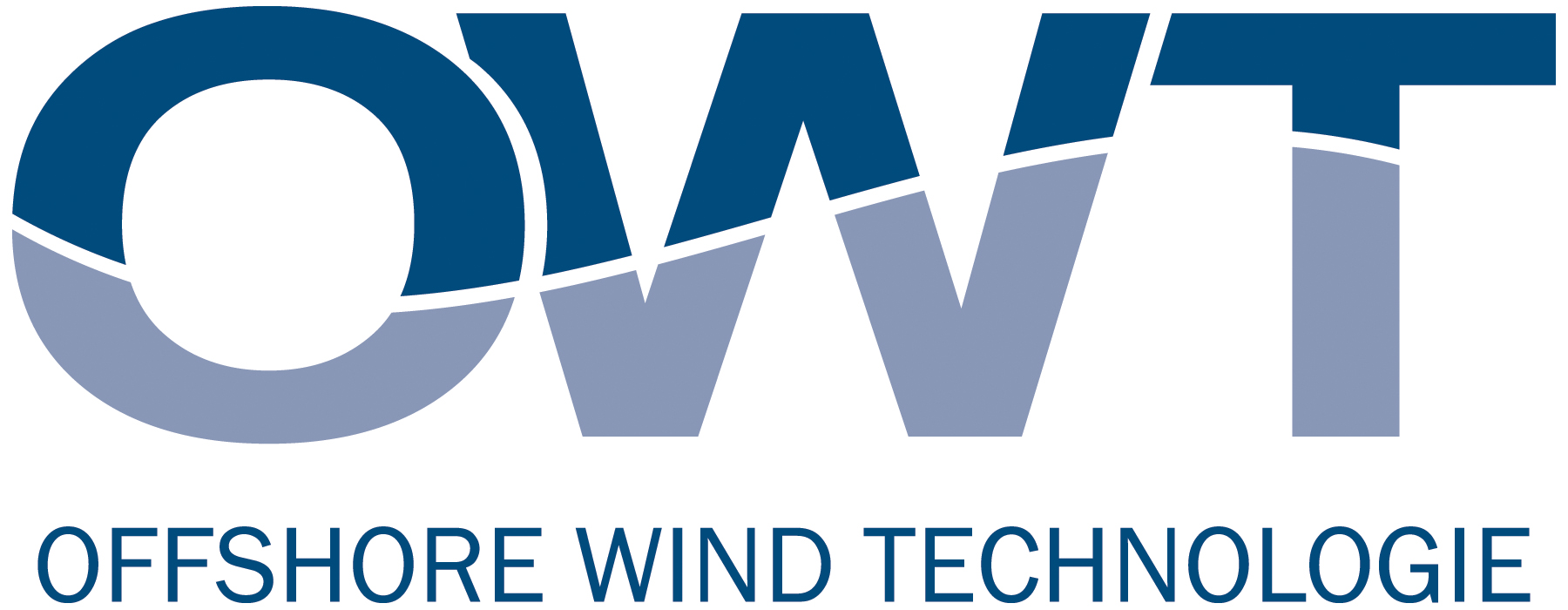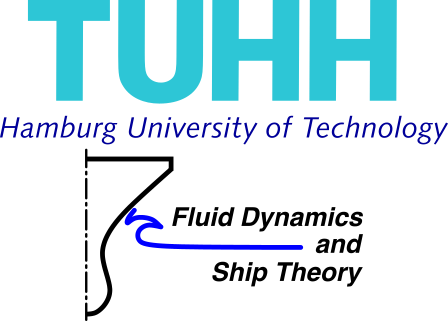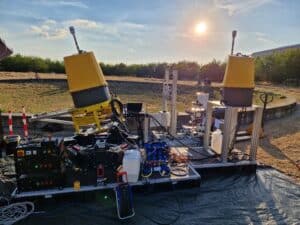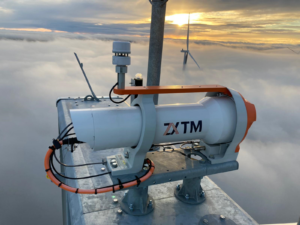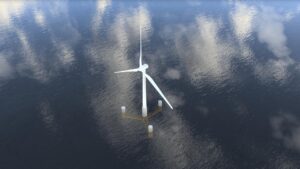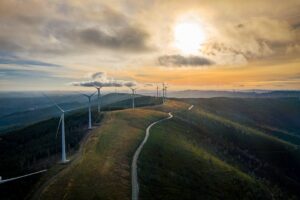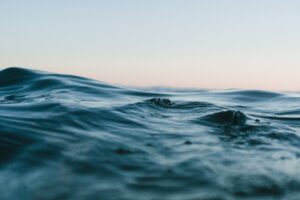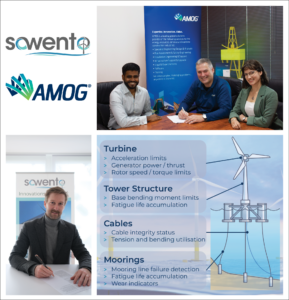The offshore wind industry has gained significant momentum in recent years as a sustainable solution in the fight against climate change, meeting the EU’s growing demand for renewable energy. The new SUDOCO project has the aim to set up the Control Room of the Future for offshore wind farms.
Offshore wind farms harness the power of the wind blowing across seas and oceans, providing numerous benefits. However, they also come with their share of challenges that require careful consideration.
The SUDOCO project, with its multiple partners, seeks to usher in a new era of sustainable wind power with a comprehensive, long-term approach. It will design and develop an open-source software package that will serve as the cornerstone for the wind farm control room of the future, offering guidance to wind farm operators.
In the words of Professor Jan-Willem van Wingerden, who coordinates the project:
“The main topic of SUDOCO is the integration of different wind farm flow control techniques to maximise a new objective function named: the Cost Of Valued Energy. This objective function takes into account environmental impact, security of energy delivery and, the more traditional, economic impact. In previous projects the focus had been on several different flow control technologies to maximize a single economic objective. The goal of SUDOCO is to bring everything together, to integrate different control technologies and also anticipate time-varying external factors, like atmospheric conditions, wind speed, electricity prices but also the environmental impact and security of energy delivery.
“The main topic of SUDOCO is the integration of different wind farm flow control techniques to maximise a new objective function named: the Cost Of Valued Energy. This objective function takes into account environmental impact, security of energy delivery and, the more traditional, economic impact. In previous projects the focus had been on several different flow control technologies to maximize a single economic objective. The goal of SUDOCO is to bring everything together, to integrate different control technologies and also anticipate time-varying external factors, like atmospheric conditions, wind speed, electricity prices but also the environmental impact and security of energy delivery.
So, this project will integrate all these different elements: it is, at the very end, a puzzle to combine all together, just like the famous sudoku puzzle”.
The project’s scope goes beyond immediate gains and covers wind farm flow control, with emphasis on collecting high-quality data from wind farm measurements and a large wind tunnel. This data will be analysed using machine learning techniques to develop measurement and control algorithms capable of dynamically managing entire wind farms within seconds, a significant leap from the current ten-minute time frame. Crucially, the SUDOCO project distinguishes itself by considering the long-term environmental and societal consequences in its decision-making process for wind farm control.
With the pressing need for a climate-neutral and energy-independent Europe, a fundamental shift towards long-term sustainability is imperative. This means considering all factors in the pursuit of sustainable wind energy. For instance, during low wind speeds when electricity prices are higher, the Control Room of the Future will aim for maximum energy output, reducing carbon emissions and meeting energy demand efficiently. Conversely, during high wind speeds and lower electricity prices, the controls can be adjusted to minimise wear on specific turbines, or energy can be stored locally to reduce the environmental impact at a later time.
The SUDOCO project, launched in mid-October, brings together a consortium of partners: TU Delft, Denmark’s Tekniske Universitet, Technische Universitet München, Politecnico di Milano, Shell, SOWENTO, Fondazione ICONS and Youwind Renewables. It also includes an advisory board comprising Siemens-Gamesa, NREL, Applied Risk, Windesco, and Crosswind.
In SUDOCO, sowento will lead the floating wind turbine activities. As Steffen Raach, Managing Director of sowento explains: “the project supports our real-time monitoring service, in which we use the SLOW model, a nonlinear digital twin of the floating wind turbine, to analyse structural loads where measurement sensors are highly costly or subject of regular failures. Furthermore”, Steffen adds, “sowento transfers the methods and learnings to floating wind farms and enabling the floating wind aspects in the Control Room of the Future.”
For further information on the project, contact the project manager at sowento via sudoco@sowento.com
Press desk
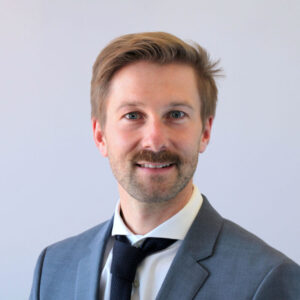
Contact information
Steffen Raach – contact@sowento.com
